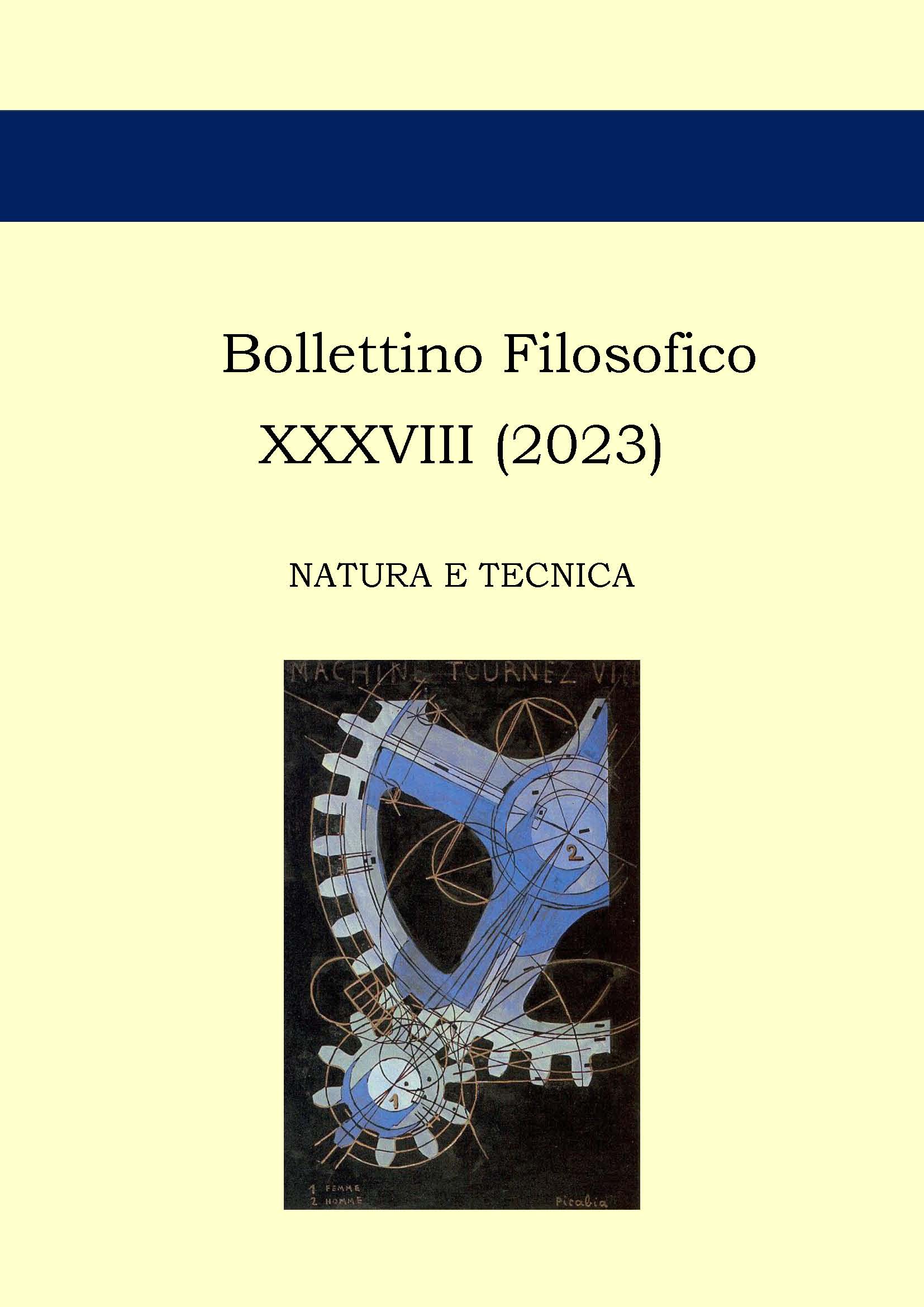Analogue and Digital Phenomenology
DOI:
https://doi.org/10.6093/1593-7178/10377Abstract
At first glance, talking about digital phenomenology sounds oxymoronic and talking about analogue phenomenology sounds pleonastic. The essay aims to overcome this initial impression. It starts from the thesis that phenomenology is a descriptive science, where description is not an explanation, and not even an explication, but an explicitation of experience. Starting from this basic assumption, two ways in which this explicitation can be realised are identified: the first, static, is grounded on the concepts of determination and characteristic note; the second, dynamic or processual, is grounded on the concepts of disposition and power. These two ways in which phenomenological explicitation can be interpreted will allow us to distinguish between a digital phenomenology (which finds its defining character in the sign) and an analogical phenomenology, the only one capable of returning to things themselves and thereby fulfilling the “principle of all principles”.
Keywords: Determination, Disposition, Experience, Phenomenology, Power

